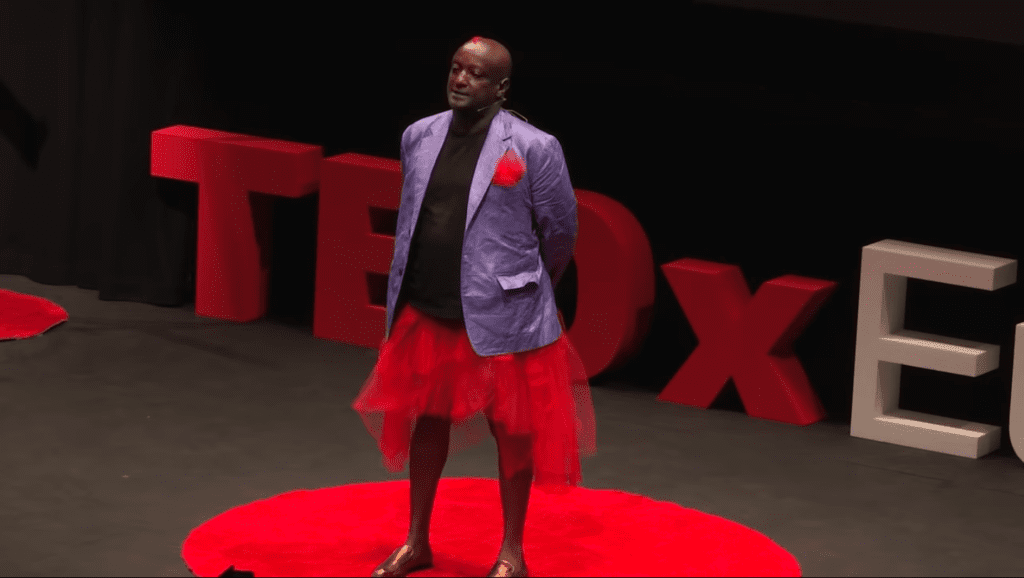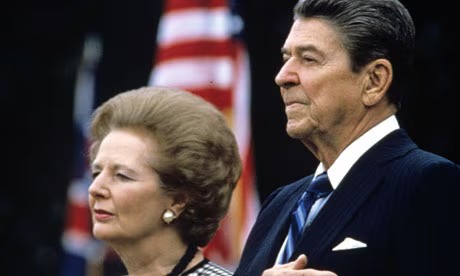

2 years shy of 50, the eternal footman has had his say with Kenyan author and literary icon Binyavanga ‘the Binj’ Wainaina
Identity?
Kwani! Literary Journal, a BW brain child is what seems to be most commonly used to locate the fallen writer. It has become a marauding counter to the hegemony of foreign literature defining the African story.
I am especially reminded of David Kaiza’s story titled ‘Benediction of Oyugis’, a sweeping investigation of identity in the aftermath of post election violence in Kenya. Identity, starting as biology, and terminating in the whimsical appropriation of social mores. Identity, whose tyrannical intent to be preserved, culminates in senseless hate, violence notoriously weaponized by opportunistic scoundrels. Identity, as an inauthentic signal of belonging, static & unyielding. Identity as destiny, well defined.
Impact?
Often, when people describe the effect of creative works of Arts, Culture, Literature, they speak about being ‘moved’. Sometimes, I think about this concept of movement. Movement is that mysterious thing that operationalizes the Impact of Art. I think about the role that art has to ‘move’ people; out of dogma, out of bigotry, away from bias, removed from cynicism, delivered from ignorance. When BW created ‘How to Write About Africa’ there was that common sensation again. I could not help but be moved. Only this time, not so much moved ‘out of’ as ‘in to’. I was shuffled into the knowledge of the African story, how it is being told, and why. I was bundled into the understanding of Agency, that shining keepsake long denied the native. Importantly, I was driven to power, the kind that comes from reclamation of the narrative, with unapologetic flourish.
What was special about BW was that he told his story with the definitive grace of honesty. He threw down the veil and handcuffed us to his imaginative navigation of the contested arena that is this world. For instance, BW announced his homosexuality (and HIV positive status) to a society maladjusted to confronting the perils of groupthink. In the context of moralist hypocrisy, this man defied the static ideals of bigotry. He dealt a fatal right hook to the fickle omniscience of the hate-regurgitating republic. He challenged the status quo, not through cookie cutter activism of digital sloganeering, but with cogent ideas and art. He forced the hand of those on the other side of the fence to contend with their contradictions. He brought the conversation to the table. He thwarted the stereotypical caricatures that incubate hatred of otherness.
Legacy?
The logical sequence of death is to debate legacy. When we do so, it is always with the well intentioned reason of lending meaning to an existence that has ceased. It isn’t always clear while we still roam the earth, that we are driven by concerns of legacy. Legacy is inadvertent. It can be conferred albeit temporarily, in the form of colorful eulogies, perhaps more lastingly, through offspring, but is ultimately only sustained by the aspect of tangible work left behind.
What is the identity of BW? An intellectual, a homosexual, a Rwandan Kikuyu, a visionary, one of those? two or more? all of them? What is BW’s impact? An equal society? Platform for African storytelling? What is BW’s legacy? Human rights defender? Creator of an African Literary revolution?



Pingback: I did not know Binyavanga Wainaina | My Opinion